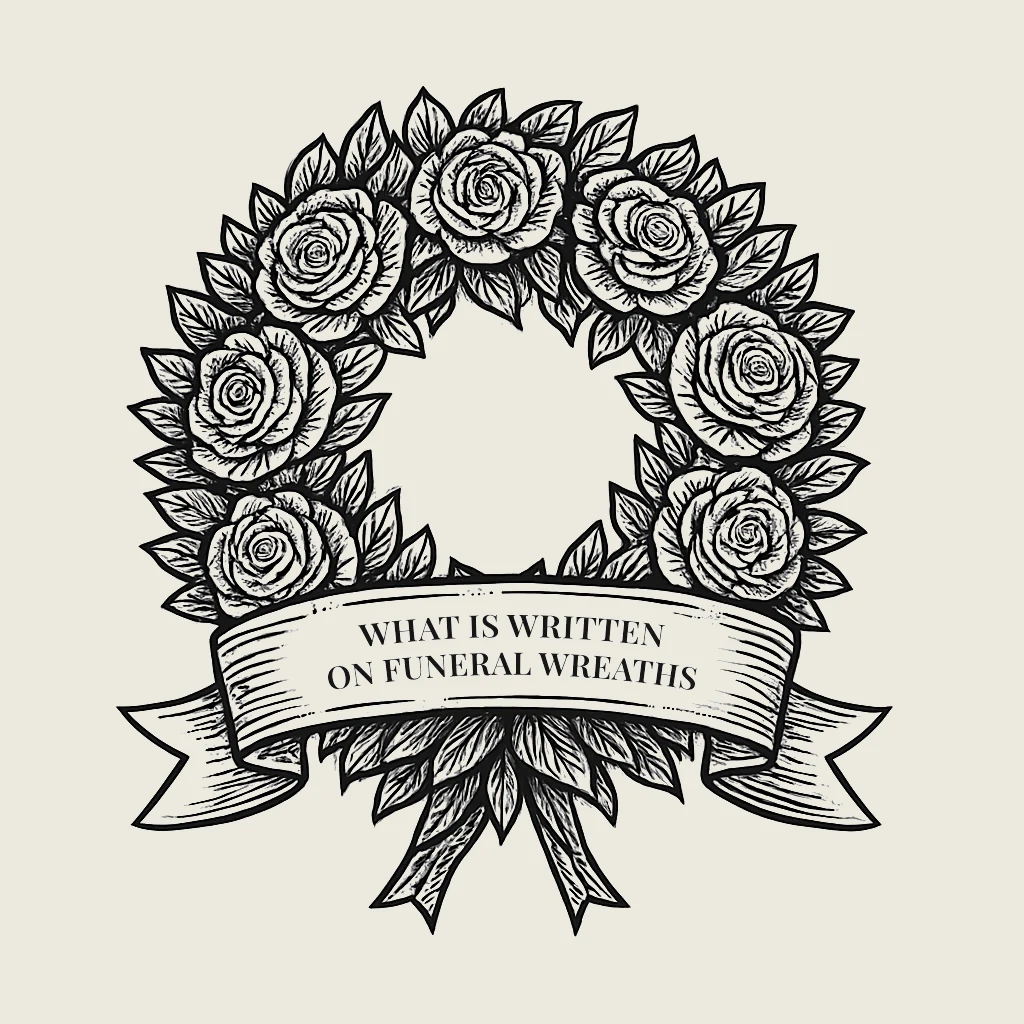Memorial Candle — How to Light It Properly and Why It Is Done
The Meaning of Candles in Church: Ancient Tradition and Modern Significance
Visiting a church is often associated with burning candles, filled with deep symbolism and meaning. Since the earliest centuries of Christianity, believers have used candles not only as a source of light but also as an expression of faith. It is known that in catacombs and other dark places, early Christians lit candles for prayer and worship. That is why even today, candles continue to serve both symbolic and spiritual functions.
The Symbolism of a Church Candle and Its Spiritual Meaning
The flame of a candle reflects the inner light of the soul reaching out to God. In the Orthodox tradition, it represents faith, hope, and love. A candle is a voluntary offering, a sacrifice to the church, and thus — an act of love and repentance. By purchasing candles in a church, a person is not just making a material contribution but also performing an important spiritual act. When a memorial candle is used, it becomes a special expression of care for the soul of the departed.
Where to Buy Candles and Which Ones Are Suitable for Church
For a candle to truly have spiritual significance, it must be purchased at a church shop. Only in this case will it be consecrated according to the canons. Products from supermarkets, hardware stores, or other secular places are not suitable for use in church. Additionally, the proceeds from candle sales go toward parish needs. One question remains — when is it inappropriate to light memorial candles and where they were brought from.
Rules for Lighting Candles in Church: Step-by-Step Instructions
Candles should be lit either before the service begins or after it ends. This helps avoid distracting other worshippers from prayer. The flame should preferably be taken from an already burning candle or an oil lamp. Using matches and lighters in church is not customary. Before placing a candle, one should cross oneself, bow the head, and pray. To ensure the candle stands firmly, it is recommended to slightly melt the base. If there is no space, it can be gently laid nearby: church attendants will light it later.
Prayer and Spiritual Focus Before Lighting a Candle
Before lighting a candle, it is important to focus, clear the mind, and turn to the Lord. The prayer can be said from memory or in your own words. The main thing is that it comes from the heart. There is no need for lengthy speeches — a sincere appeal to God for the soul's peace is enough. Without prayer, the act becomes an empty ritual and loses its essence. The church candle itself does not possess miraculous power — its strength lies in the faith of the one who prays.
Candles for the Living and Their Placement in Church
Candles lit for the living symbolize a plea to God for health and well-being. They are placed on the kanun. It is important to remember that in church, a candle is a way to strengthen one's prayer, to direct attention and heartfelt energy toward God. Candles are lit not for formality but as a testimony of inner spiritual life.
Where Memorial Candles Are Placed and What the Kanun Is
The kanun is a special table, usually located on the left side of the church. It is equipped with a crucifix and slots for candles. This is where candles are placed when praying for the repose of the departed.
What Prayer to Say When Lighting a Candle
A simple yet meaningful phrase is often said: “O Lord, grant rest to the soul of Your departed servant (name).” It can be supplemented with personal words asking for forgiveness of sins and the granting of the Kingdom of Heaven. Prayer is the main act that accompanies the lighting of a candle. Without it, even a properly performed ritual has no power.
Can Memorial Candles Be Lit at Home?
Home prayer for the departed is allowed and even encouraged. In such cases, it is important to remember that the candle should be purchased in a church and consecrated. It can be lit in a safe, quiet place. The main thing is that it is accompanied by prayer — without it, the flame loses its spiritual meaning. At any time, one can turn to God, especially on memorial days or death anniversaries.
Who Should Not Have Memorial Candles Lit in Church
Orthodox tradition forbids lighting memorial candles in church for those who were not baptized, as well as for heretics, suicides (except those deemed mentally ill), and those who openly blasphemed the faith. However, prayers for such people can be said at home, asking God for mercy and forgiveness. It is important to understand that even in difficult cases, prayer is an act of love and hope for the Lord’s mercy.
Mistakes and Superstitions to Avoid
There are many false beliefs associated with lighting candles. For example, some consider it a bad omen if the flame goes out or the candle falls. These superstitions have nothing to do with the Orthodox faith. It does not matter which hand you used to light the candle, how many there were, or how tall they were. What matters is sincerity and heartfelt involvement. The right inner mindset is the key to a blessed prayer and connection with the Lord.
Conclusion: Why Memorial Candles Are Lit
To light a candle is not merely to perform a ritual but to strive to be closer to God, caring for the soul of the departed. The kanun, the prayer, the candle flame — all are elements of a great tradition preserved through the centuries. Let every act of lighting be filled with mindfulness and reverence. Then the Lord will hear your prayers, support you in grief, and grant peace to the soul.
Read also:




